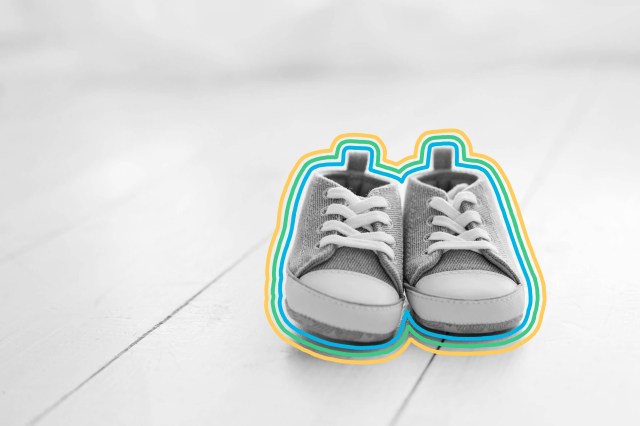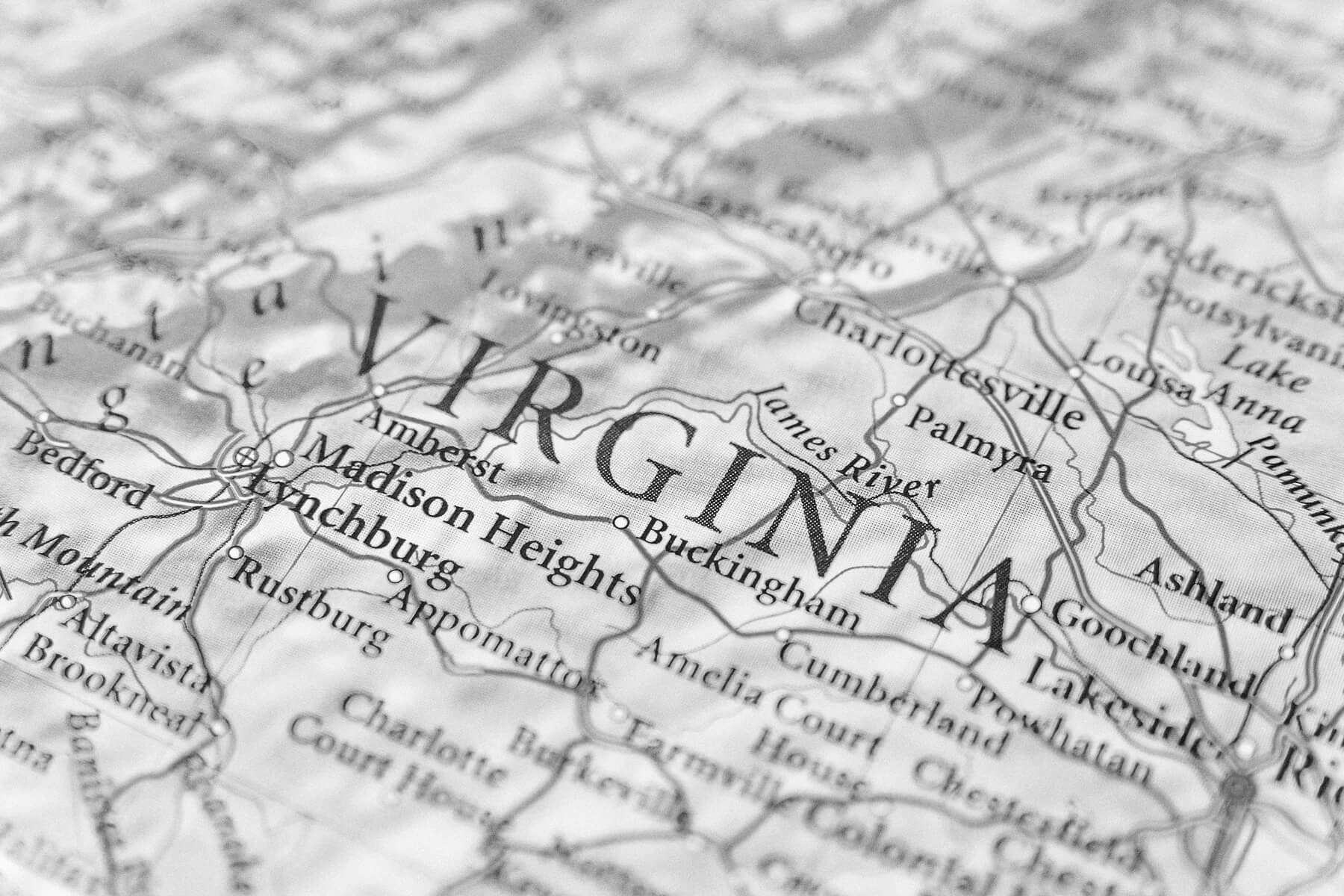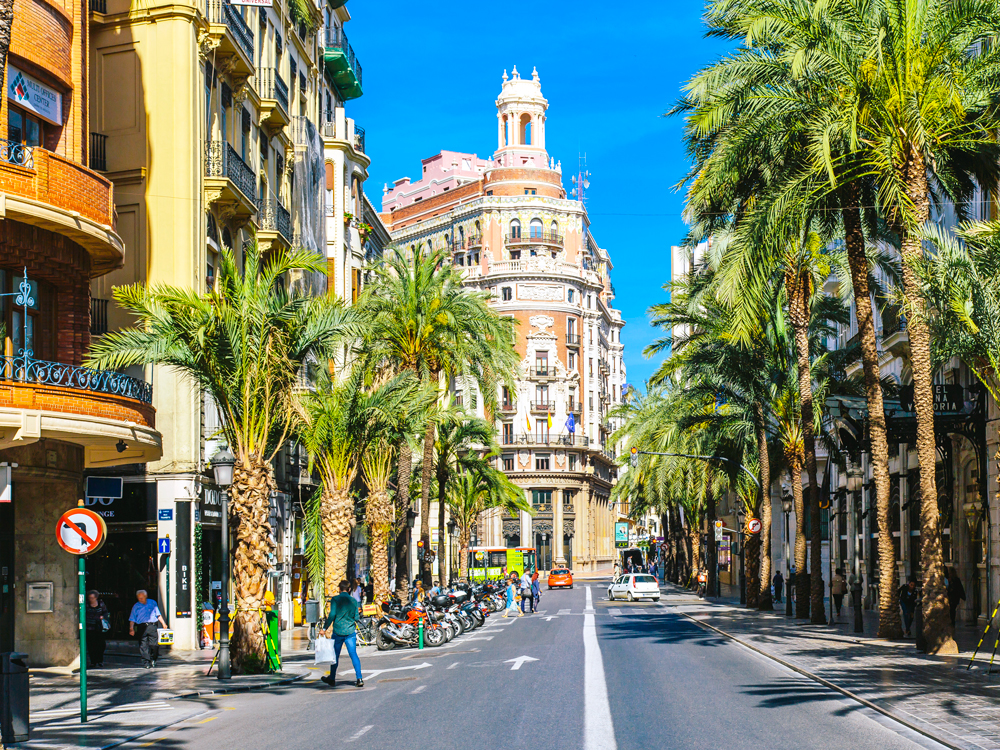
1920s
Top Boy Names: Robert, John, James, William, Charles
Top Girl Names: Mary, Dorothy, Helen, Betty, Margaret
Boy names were relatively traditional and Eurocentric 100 years ago. William and Charles gave off strong, regal impressions, which is no surprise considering their origins — both have Germanic roots and were used abundantly among British, French, and Spanish monarchs. While girl names were similar to the prior decade, newcomer Betty was less formal than its original form of Elizabeth during a decade where women sought financial and social independence (but still not as zany as flapper-inspired names such as Fern and Iola).

1930s
Top Boy Names: Robert, James, John, William, Richard
Top Girl Names: Mary, Betty, Barbara, Shirley, Patricia
Seemingly out of nowhere, the name Patricia catapulted to the country’s top-five spot for girl names, when just 10 years prior it ranked 104. But why? It’s possible an influx of Irish immigrants in the early 20th century helped popularize the name. As a feminine form of Patrick — Ireland’s patron saint — Patricia seems traditionally Irish, though a survey of Irish Americans suggests it’s more commonly used in the U.S. than in the Emerald Isle itself. It’s likely a name that bridged the gap between heritage and new homeland, helping young Irish Americans hold onto their family history while blending into American culture with an easy-to-pronounce name. Patricia remained a top-five name throughout the 1950s, spawning shortened names such as Trish, Patti, and Tricia as its popularity waned.

1940s
Top Boy Names: James, Robert, John, William, Richard
Top Girl Names: Mary, Linda, Barbara, Patricia, Carol
Traditional names like Richard and James continued to reign supreme for boys born in the 1940s; with an ongoing war, it’s likely parents reused family names to honor loved ones stationed overseas. New names for girls, however, emerged, with Carol becoming a trendy alternative to the longer Caroline. Often given to wintertime babies, Carol was considered an uplifting holiday name that honored the season’s musical hymns. It peaked during the 1940s and fell from the top-10 list by 1951. Equally prominent Barbara, which became common in the 1800s, also fell out of style by the early ‘50s, but ranks overall as the sixth-most popular name for a girl over the last century, with 1.3 million women sharing the name.
More Interesting Reads

1950s
Top Boy Names: James, Michael, Robert, John, David
Top Girl Names: Mary, Linda, Patricia, Susan, Deborah
The 1950s marked a shift in Mary’s role as the top girl name of all time, ending a run that had dominated the name leaderboards since the 1880s — the Social Security Administration’s oldest data. It’s no surprise considering the name means “beloved” and is an ode to the Virgin Mary. History has no shortage of famed Marys, ranging from queens and actresses to fictional characters like Mary Poppins. While less common now (holding spot 124 in 2020), similar names have carried on, such as Maria and Mariah. From 1921 to 2020, more than 3.1 million babies in the U.S. shared the simple, four-letter name.

1960s
Top Boy Names: Michael, David, John, James, Robert
Top Girl Names: Lisa, Mary, Susan, Karen, Kimberly
Leonardo da Vinci’s most famous painting may have spurred a name trend during the 1960s. The “Mona Lisa” made its first trip to the U.S. in 1963, displayed at the National Gallery of Art in Washington, D.C., and created social excitement that led 2 million spectators to view the portrait. While the name Lisa had reached the number one spot a year before the painting’s tour, it held firm for seven more years until being dethroned in 1970. The ‘60s also ceded some traditional boy names for more modern styles, with Michael starting its run as the top boy name for decades to come.

1970s
Top Boy Names: Michael, Christopher, Jason, David, James
Top Girl Names: Jennifer, Amy, Melissa, Michelle, Kimberly
The 1970s brought about a major shift in common boy names. With Richard and William becoming “old-fashioned,” parents opted for the ever-popular Michael and David. But one name ascended in a way few other names have: Jason. The name shot up the charts from spot 87 in the 1960s to third place in the 1970s. While sounding modern, Jason actually has Greek origins; in mythology, heroic Jason embarks on an epic quest to restore his family to his homeland’s throne. The name fad quickly dissipated, dropping down to the 11th-most popular spot in the 1980s and further in the ‘90s, but it has echoes in 2010’s Jaxon and Jaxson.

1980s
Top Boy Names: Michael, Christopher, Matthew, Joshua, David
Top Girl Names: Jessica, Jennifer, Amanda, Ashley, Sarah
Christopher wasn’t a new name in the 1980s — it has Latin and Greek origins, becoming common among Christian followers during the Middle Ages in honor of a third-century saint who protected travelers. It’s unclear why Christopher reached such heights in the ‘80s, though it could have been influenced by the number of Christophers on stage and screen; actors Christopher Reeve, Christopher Walken, and Christopher Lloyd got their big breaks in the late ‘70s. For girls, names like Jessica and Sarah maintained peak popularity until the early 2000s, around the same time parents began seeking out more unique names.

1990s
Top Boy Names: Michael, Christopher, Matthew, Joshua, Jacob
Top Girl Names: Jessica, Ashley, Emily, Sarah, Samantha
The name Michael was the highest-ranking boy name for five short years — 1954 to 1959 — only to come roaring back in 1961 and then holding the No. 1 spot through the 1990s. Its Hebrew origins refer to the sword-wielding archangel Michael, at one time making it a common name among soldiers and military families. In its last decade of acclaim, the name was boosted by a number of celebrities: singers Michael Jackson and Michael Bolton, basketball great Michael Jordan, and actors Michael Keaton and Michael J. Fox. In 2020, Michael remained the 12th most popular name and was the moniker given to 4.3 million boys since 1921.

2000s
Top Boy Names: Jacob, Michael, Joshua, Matthew, Daniel
Top Girl Names: Emily, Madison, Emma, Olivia, Hannah
New millennium, new names … right? Not so much. The top names of the 2000s — while seemingly fresh compared to years of Jennifers, Lisas, and Williams — mostly have old roots. The popular boy names have biblical ties, along with Hannah and Olivia (which refers to the symbolic olive tree). Madison, traditionally a boy name, was commonplace throughout the 1800s. Just 100 years prior, Emma was the 13th most popular name in 1900, ranking low on baby name charts until the early 2000s.

2010s
Top Boy Names: Noah, Liam, Jacob, William, Mason
Top Girl Names: Emma, Olivia, Sophia, Isabella, Ava
Just like decades before, naming trends don’t often disappear easily — and it’s evident with names like Emma, Olivia, and Sophia hanging on for a second decade. Compared to popular names 100 years before, modern names feel like a departure from Eurocentric names, and that’s because naming websites and social media provide access to more diverse names than ever before. Where some parents look to trend-free, steadfast names (such as William), others consider unique monikers that help their kids stand out in a world of Isabellas (consider Athena, ranked at 173).
While new baby name trends are emerging — specifically nature-based names, like August and Sage, and gender-neutral names, like Charlie and Blake — there’s no clear science as to why some names become standouts while others languish for decades. Some linguists and naming experts theorize that times of social change and upheaval spawn new, creative names. If that’s the case, 2020’s top picks may be the most unique we’ve seen in a while.












